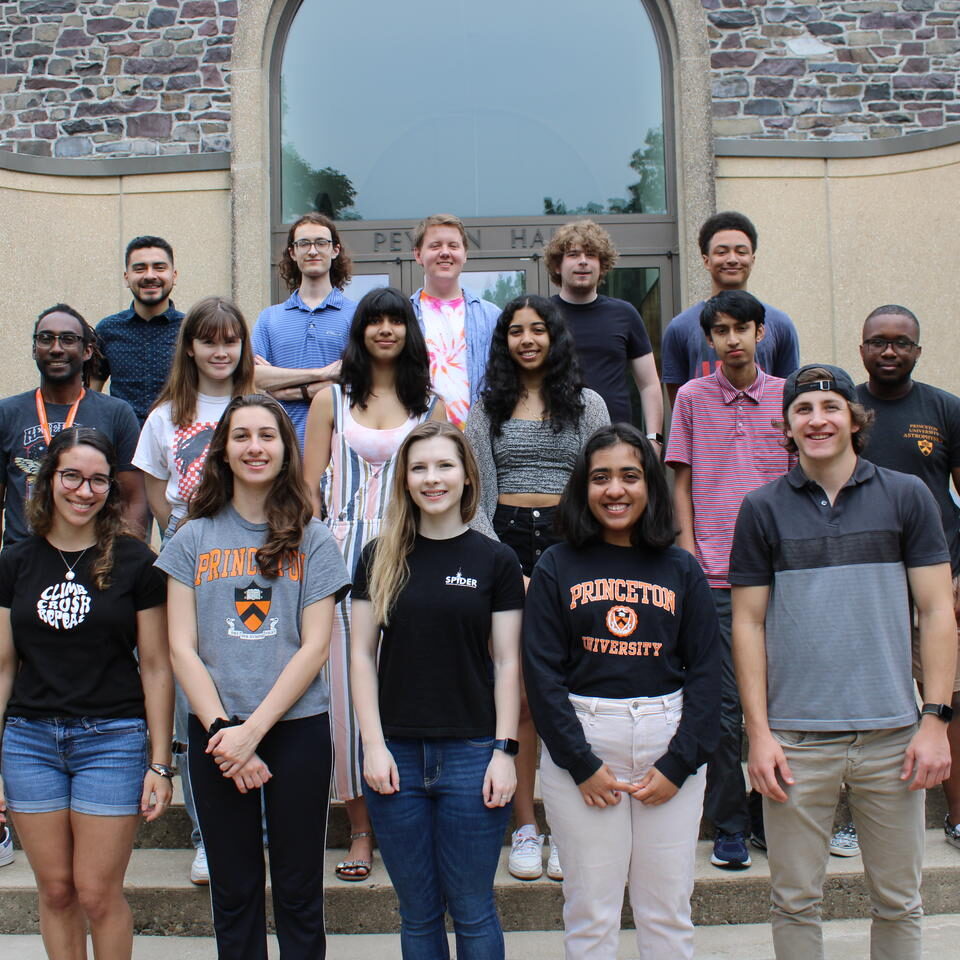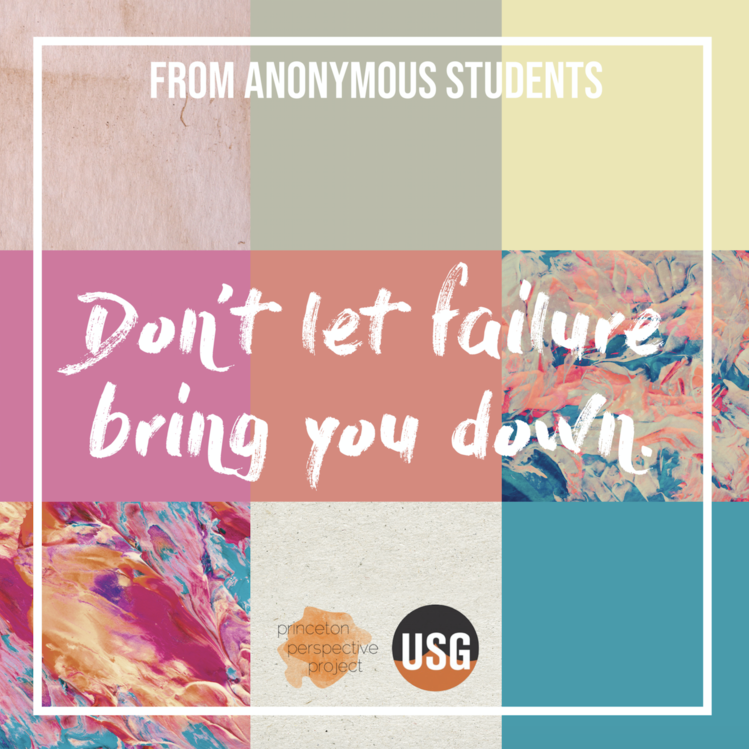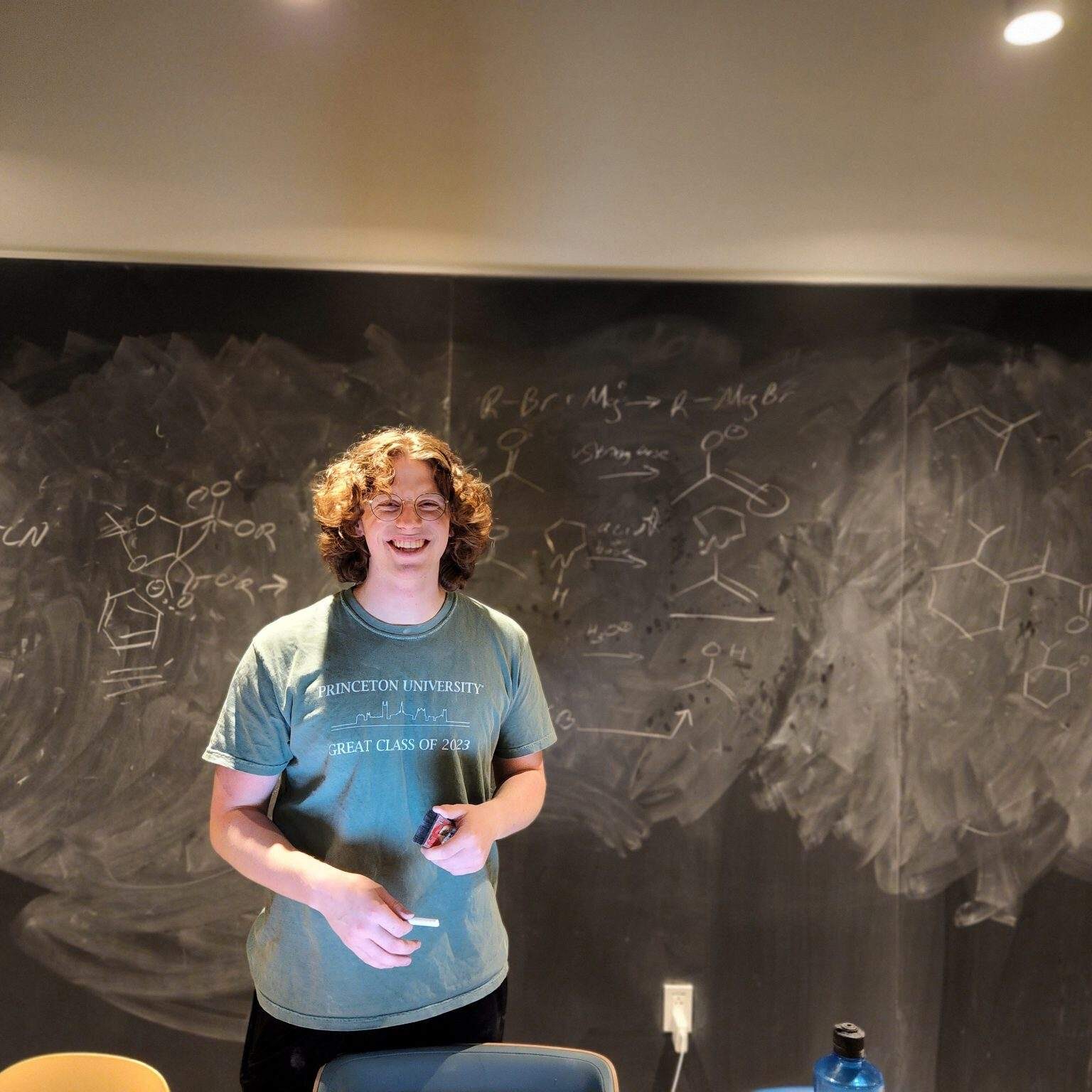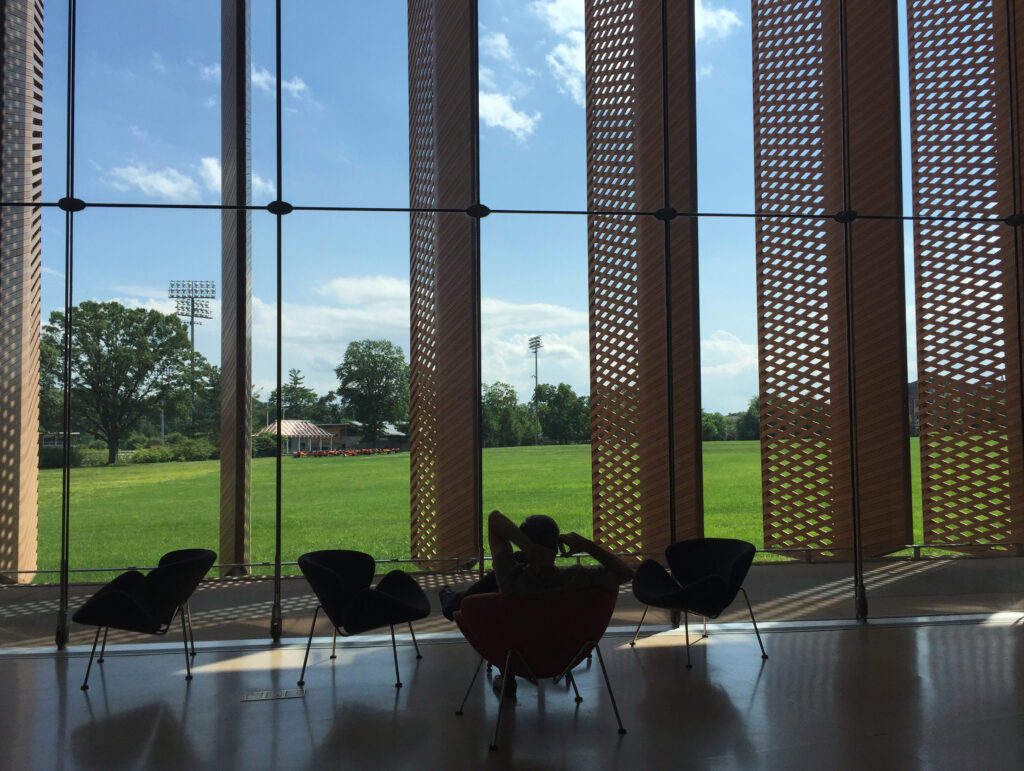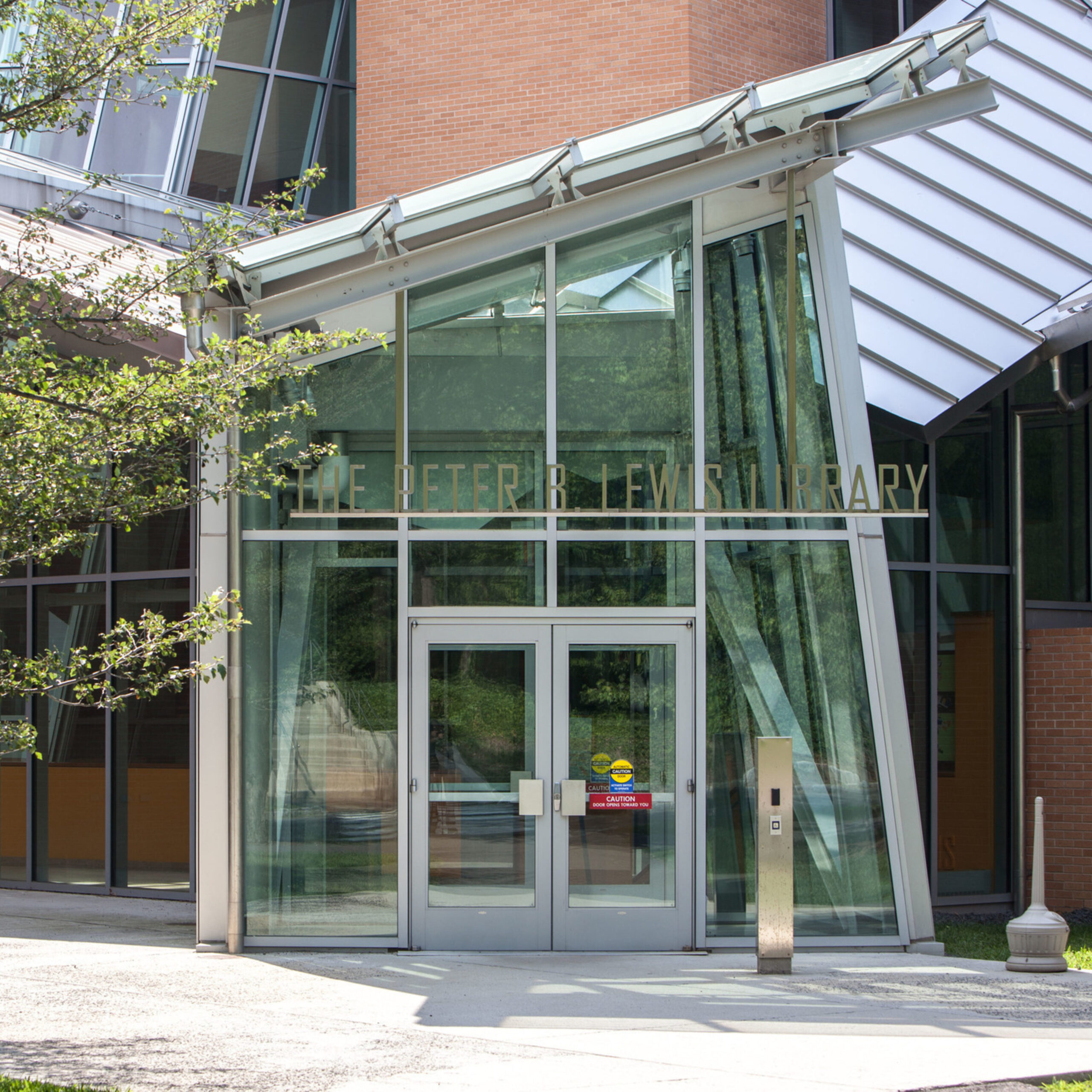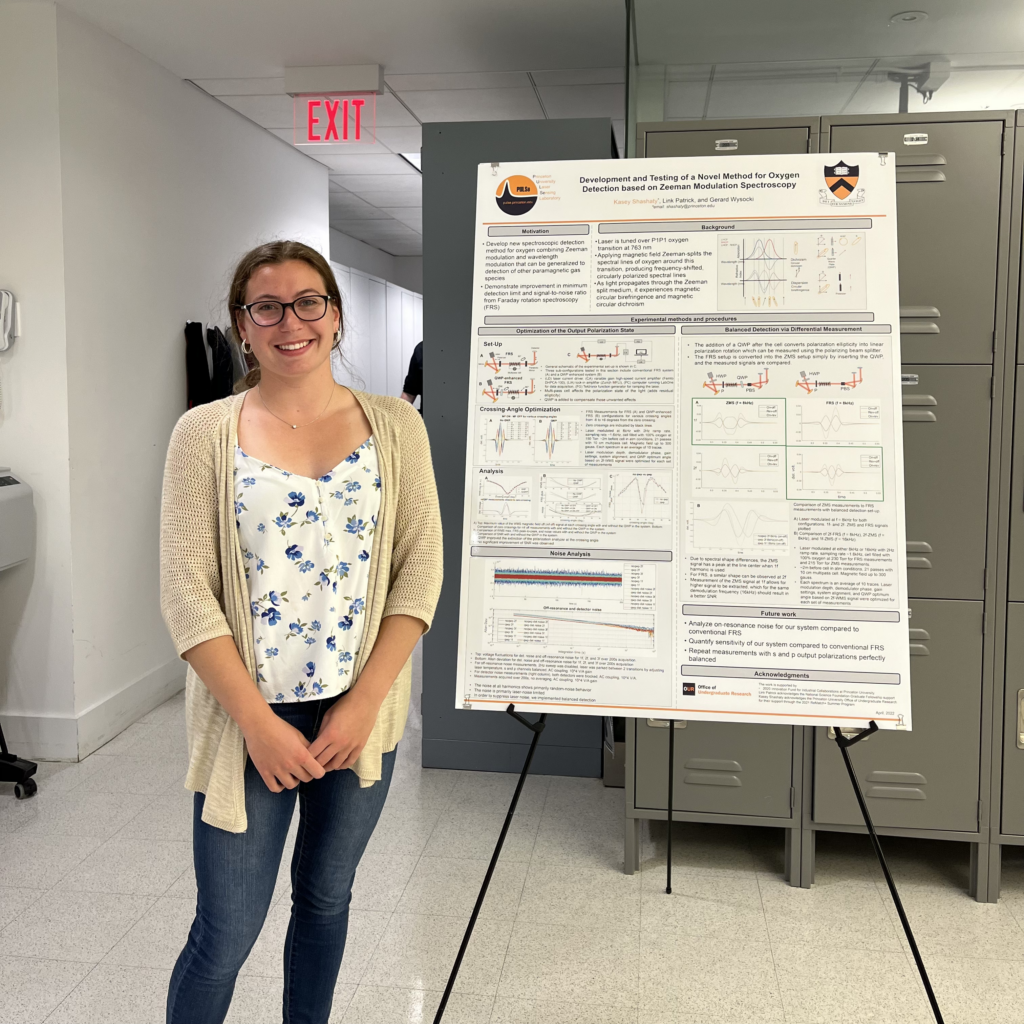After having written “My BSE Fall Semester Experience in the Engineering Sequence”, I wanted to continue writing about my experience in the spring semester portion of the sequence; if you haven’t read my first post yet, go read it! To reiterate, the Engineering Sequence is a set of five courses intended to fulfill first-year engineering requirements through an introduction to engineering fundamentals in the context of real-world applications. BSE degree requirements include four semesters of math, two semesters of physics, one semester of chemistry, and every first-year student is required to take one semester of writing seminar. The Engineering Sequence begins at the Integral Calculus (Calculus II) and the Physics Mechanics level, meaning that it will cover for the two required semesters of physics and the four semesters of math in five courses throughout three semesters. Read on to learn more about the spring sequence!
- EGR 153: Foundations of Engineering: Electricity, Magnetics, and Photonics



